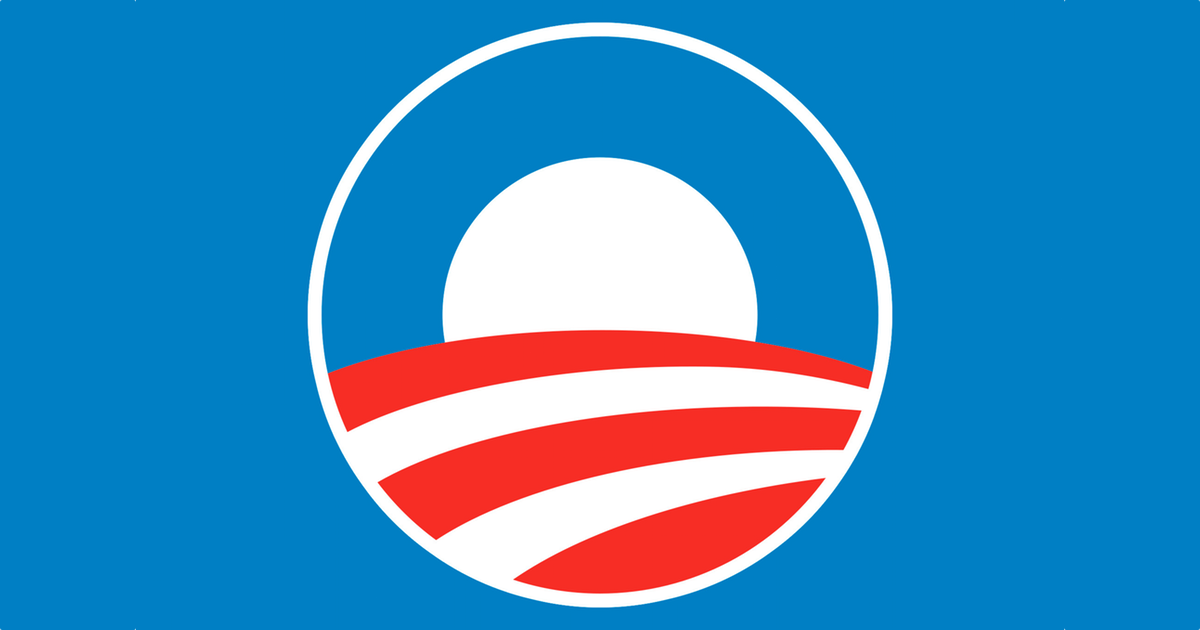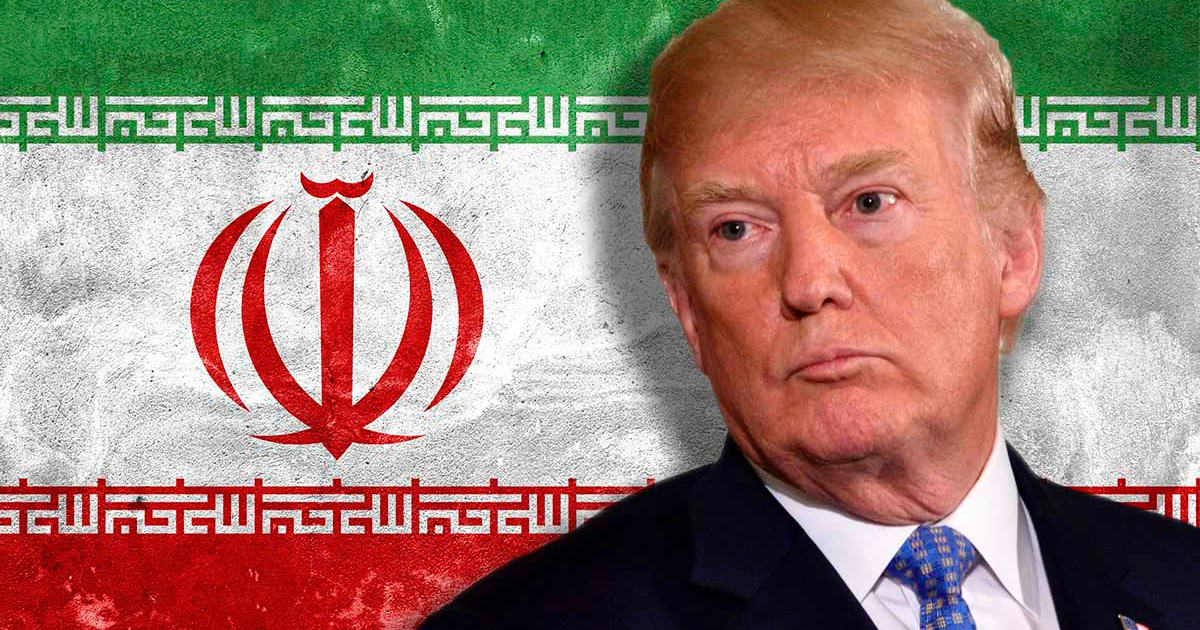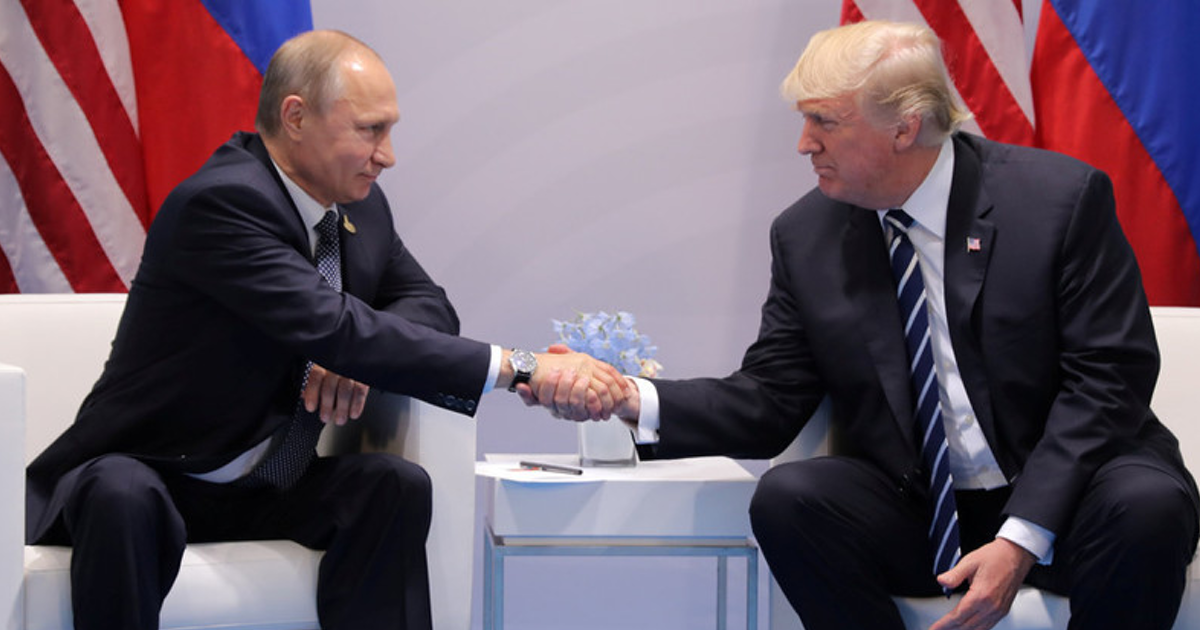|
By Tho Bishop
Donald Trump has made his second Supreme Court nomination: Judge Brett Kavanaugh of the US Court of Appeals for the District of Columbia. Relative to the other names that were discussed, Kavanaugh’s selection could be seen as a win for the establishment. For one, he will uphold the Court’s record of Justices with law degrees from either Harvard or Yale. Two, he has a very swamp-friendly resume, including a long history of doing legal work for the Republican Party and a particular closeness with the Bush family. Having worked on matters including the Clinton Impeachment, the 2000 Florida Recount, and challenges to Obamacare, he has been described by Senator Dick Durbin as the “Forrest Gump of Republican politics.” Interestingly, a decision he made regarding the Constitutionality of the Affordable Care Act is what troubles many on the right. Though he dissented to the question of whether the bill was Constitutional under the Commerce Clause, his minority opinion made it clear that it his objection was to the court’s jurisdiction and not the law itself. He viewed the individual mandate as a tax, logic used by Chief Justice John Roberts in upholding the law. As Christopher Jacobs wrote for The Federalist: In Kavanaugh’s view, the mandate could fit ‘comfortably’ within Congress’ constitutional powers,” Even as he ‘do[es] not take a position here on whether the statute as currently written is justifiable,’ Kavanaugh concludes that ‘the only potential Taxing Clause shortcoming in the current individual mandate provision appears to be relatively slight.
Attention now will turn to Kavanaugh’s views on Roe vs. Wade and whether his appointment will challenge that decision. On Fox News this morning, Judge Andrew Napolitano thought Kavanaugh’s explicitly pro-life track record as a Justice would make the nomination process more difficult, possibly pushing Trump to nominate someone different. We will now see how moderate Republicans, such as Senator Susanne Collins, react to the decision.
Of course, the fact that the appointment of a single Supreme Court Justice warrants nationwide protests now erupting is simply a reminder of the inherent failures of a system which gives so much power to nine people in black robes. This article was originally published at The Mises Institute.
President Trump's choice to fill the slot vacated by Justice Anthony Kennedy is a product of Washington politics. Despite what the Pelosis and Schumers of Congress may say about him, he is no representative of the far right. Instead, he inhabits the same "radical center" as his detractors. What does that mean to the Constitution? Civil liberties? Privacy?
By Ron Paul
In May, President Trump pulled the United States out of the Iran nuclear deal despite Iran living up to its obligations and the deal working as planned. While the US kept in place most sanctions against Tehran, China and Russia - along with many European countries - had begun reaping the benefits of trade with an Iran eager to do business with the world. Now, President Trump is threatening sanctions against any country that continues to do business with Iran. But will his attempt to restore the status quo before the Iran deal really work? Even if the Europeans cave in to US demands, the world has changed a great deal since the pre-Iran deal era. President Trump is finding that his threats and heated rhetoric do not always have the effect he wishes. As his Administration warns countries to stop buying Iranian oil by November or risk punishment by the United States, a nervous international oil market is pushing prices ever higher, threatening the economic prosperity he claims credit for. President Trump’s response has been to demand that OPEC boost its oil production by two million barrels per day to calm markets and bring prices down. Perhaps no one told him that Iran was a founding member of OPEC? When President Trump Tweeted last week that Saudi Arabia agreed to begin pumping additional oil to make up for the removal of Iran from the international markets, the Saudis very quickly corrected him, saying that while they could increase capacity if needed, no promise to do so had been made. The truth is, if the rest of the world followed Trump’s demands and returned to sanctions and boycotting Iranian oil, some 2.7 million barrels per day currently supplied by Iran would be very difficult to make up elsewhere. Venezuela, which has enormous reserves but is also suffering under, among other problems, crippling US sanctions, is shrinking out of the world oil market. Iraq has not recovered its oil production capacity since its “liberation” by the US in 2003 and the al-Qaeda and ISIS insurgencies that followed it. Last week, Bloomberg reported that “a complete shutdown of Iranian sales could push oil prices above $120 a barrel if Saudi Arabia can’t keep up.” Would that crash the US economy? Perhaps. Is Trump willing to risk it? President Trump’s demand last week that OPEC “reduce prices now” or US military protection of OPEC countries may not continue almost sounded desperate. But if anything, Trump’s bluntness is refreshing: if, as he suggests, the purpose of the US military – with a yearly total budget of a trillion dollars - is to protect OPEC members in exchange for “cheap oil,” how cheap is that oil? At the end, China, Russia, and others are not only unlikely to follow Trump’s demands that Iran again be isolated: they in fact stand to benefit from Trump’s bellicosity toward Iran. One Chinese refiner has just announced that it would cancel orders of US crude and instead turn to Iran for supplies. How many others might follow and what might it mean? Ironically, President Trump’s “get tough” approach to Iran may end up benefitting Washington’s named adversaries Russia and China - perhaps even Iran. The wisest approach is unfortunately the least likely at this point: back off from regime change, back off from war-footing, back off from sanctions. Trump may eventually find that the cost of ignoring this advice may be higher than he imagined.
As President Trump prepares for this week's NATO summit, his diplomatic team returns from talks with North Korea. What will Trump tell our NATO allies? Are we seeing an unexpected flush of diplomacy...or the same old aggression repackaged into new bottles?
State-by-State the horrendous "Drug War" is finally coming to an end. It's never easy to being the first to do the right thing. Most wait until the coast-is-clear. But now the momentum is strong. Today Ron Paul talks about the states who are legalizing gold & silver as money once again. Wyoming specifically has started the ball rolling. Will sound money finally pick up steam?
The US national security establishment, along with neocons and many US politicians, believe they have settled on who should run Iran after the CIA overthrows its current government. They've settled on an organization that for more than 15 years was on the US terrorism list as the best vehicle to bring democracy to Iran. What could go wrong...?
What does Independence Day mean to us in 2018? What did it mean to the Founders? Independent states? Ron Paul gives us a bit of history on this July 4th.
Dr. Bob Sears has been put on "medical probation" in California for writing out an exemption letter for a mother who said her child had an adverse reaction to a vaccine. His career may be ruined because he listened to a parent rather than state-mandates vaccine schedules. He does not oppose vaccines, but believes there should be some flexibility in scheduling. Do we have a right to refuse medical treatments?
By Ron Paul
President Trump’s National Security Advisor John Bolton was in Moscow last week organizing what promises to be an historic summit meeting between his boss and Russian President Vladimir Putin. Bolton, who has for years demanded that the US inflict “pain” on Russia and on Putin specifically, was tasked by Trump to change his tune. He was forced to shed some of his neoconservative skin and get involved in peacemaking. Trump surely deserves some credit for that! As could be expected given the current political climate in the US, the neoconservatives have joined up with the anti-Trump forces on the Left -- and US client states overseas -- to vigorously oppose any movement toward peace with Russia. The mainstream media is, as also to be expected, amplifying every objection to any step away from a confrontation with Russia. Bolton had hardly left Moscow when the media began its attacks. US allies are “nervous” over the planned summit, reported Reuters. They did not quote any US ally claiming to be nervous, but they did speculate that both the UK and Ukraine would not be happy were the US and Russia to improve relations. But why is that? The current Ukrainian government is only in power because the Obama Administration launched a coup against its democratically-elected president to put US puppets in charge. They’re right to be nervous. And the British government is also right to be worried. They swore that Russia was behind the “poisoning” of the Skripals without providing any evidence to back up their claims. Hundreds of Russian diplomats were expelled from Western countries on their word alone. And over the past couple of months, each of their claims has fallen short. At the extreme of the reaction to Bolton’s Russia trip was the US-funded think tank, the Atlantic Council, which is stuck in a 1950s time warp. Its resident Russia “expert,” Anders Åslund, Tweeted that long-time Russia hawk Bolton had been “captured by the Kremlin” and must now be considered a Russian agent for having helped set up a meeting between Trump and Putin. Do they really prefer nuclear war? The “experts” are usually wrong when it comes to peacemaking. They rely on having “official enemies” for their very livelihood. In 1985, national security “expert” Zbigniew Brzezinski attacked the idea of a summit between President Reagan and Soviet leader Mikhail Gorbachev. It was “demeaning” and “tactically unwise,” he said as reported at the time by the Washington Times. Such a meeting would only “elevate” Gorbachev and make him “first among equals,” he said. Thankfully, Reagan did engage Gorbachev in several summits and the rest is history. Brzezinski was wrong and peacemakers were right. President Trump should understand that any move toward better relations with Russia has been already pre-approved by the American people. His position on Russia was well known. He campaigned very clearly on the idea that the US should end the hostility toward Russia that characterized the Obama Administration and find a way to work together. Voters knew his position and they chose him over Hillary Clinton, who was also very clear on Russia: more confrontation and more aggression. President Trump would be wise to ignore the neocon talking heads and think tank “experts” paid by defense contractors. He should ignore the “never Trumpers” who have yet to make a coherent policy argument opposing the president. The extent of their opposition to Trump seems to be “he’s mean and rude.” Let us hope that a Trump/Putin meeting begins a move toward real reconciliation and away from the threat of nuclear war.
NSA spying, TSA groping, police shooting first and asking questions later. As the grip of the police state gets ever tighter, how can we resist? Is there any hope of rolling it back? Rutherford Institute founder John Whitehead joins today's Liberty Report.
|
Archives
April 2024
|




 RSS Feed
RSS Feed



